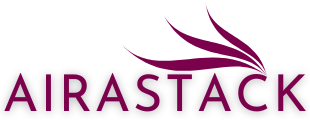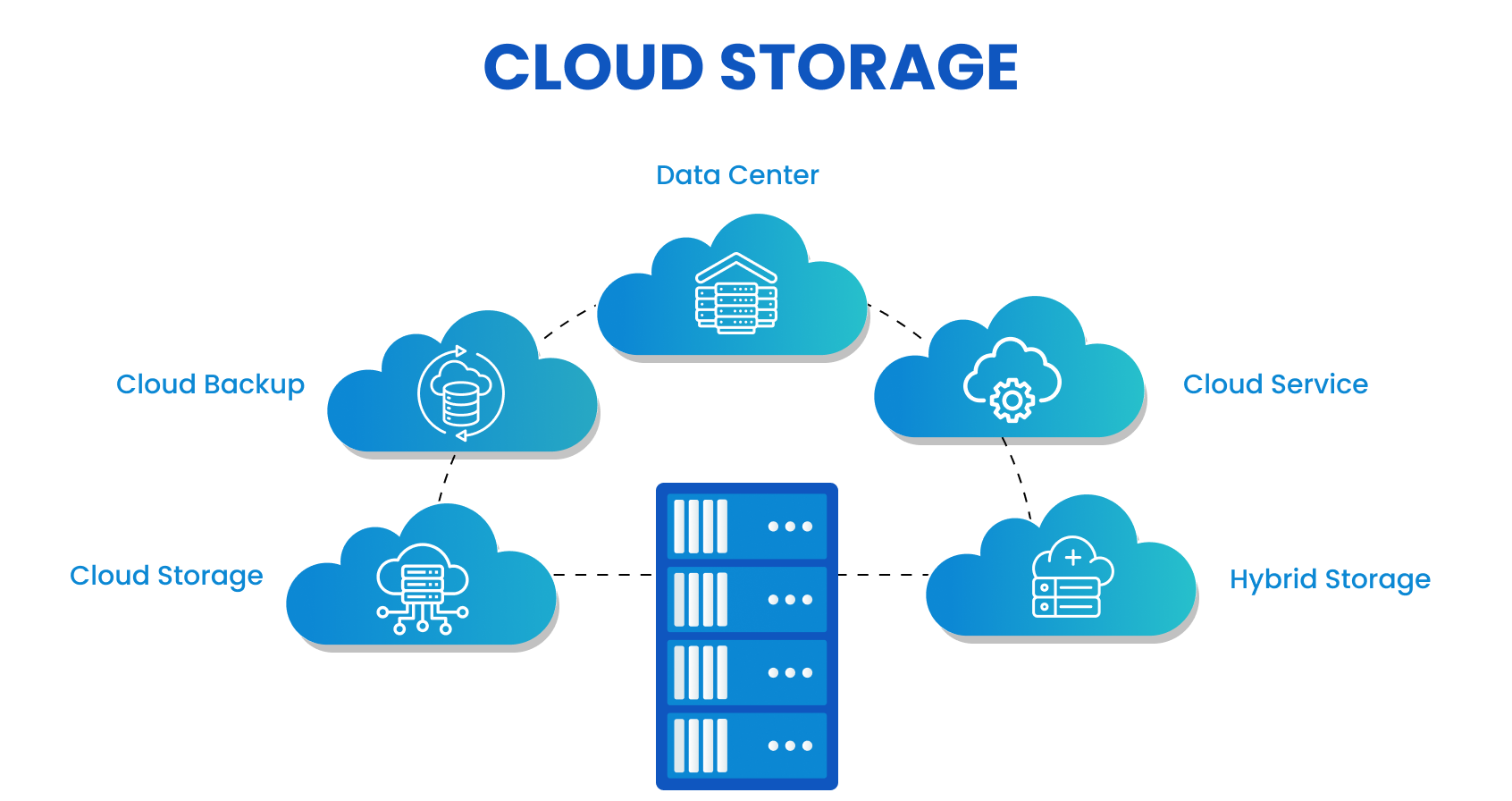Cloud Storage Options: Choosing the Best Solution for Your Needs
In today’s digital age, cloud storage has become an essential tool for businesses and individuals alike, offering convenience, flexibility, and scalability. With an array of cloud storage options available, it can be overwhelming to determine which solution best suits your needs. Whether you’re looking to store personal files, business data, or mission-critical applications, understanding the key features and benefits of different cloud storage options will help you make an informed choice.
One of the most common types of cloud storage is public cloud storage. Offered by providers like Google Drive, Dropbox, and Amazon S3, public cloud storage allows businesses and individuals to store data on servers managed and maintained by third-party providers. These services are typically cost-effective and offer easy-to-use interfaces for file access and collaboration. Public cloud storage is ideal for businesses that need to scale quickly and have fluctuating storage needs, as it provides the flexibility to add or remove storage space as required. However, because resources are shared with other customers, security and privacy can be a concern, particularly for businesses handling sensitive data.
For those needing more control and higher security, private cloud storage may be the best option. A private cloud is dedicated to a single organization and can be hosted either on-premises or by a third-party provider. With private cloud storage, businesses can customize security protocols, ensuring compliance with industry regulations like GDPR or HIPAA. This option is especially appealing to organizations with high privacy and data control requirements, such as healthcare, finance, and government sectors. The downside, however, is that private cloud storage generally comes with a higher upfront cost and ongoing maintenance expenses compared to public cloud solutions.
Hybrid cloud storage is another viable option, combining the best of both public and private cloud storage. With a hybrid model, businesses can store sensitive data on private clouds while leveraging the scalability and cost-effectiveness of public cloud storage for less critical workloads. This approach offers the flexibility to optimize performance, security, and cost, making it suitable for organizations with diverse storage needs. For example, a business might use public cloud storage for backup or disaster recovery purposes while keeping sensitive customer data in a private cloud for additional security.
Another factor to consider when choosing a cloud storage solution is file synchronization and sharing capabilities. For businesses that require real-time collaboration, services like Google Drive, Microsoft OneDrive, and Box offer seamless synchronization and file-sharing features. These platforms allow multiple users to access, edit, and share files simultaneously, making them ideal for teams working in distributed environments. Some solutions even provide version control, ensuring that previous versions of a file are retained and can be restored if necessary.
If your primary concern is data durability and disaster recovery, then cloud storage solutions that offer built-in redundancy and backup capabilities are essential. Services like Amazon S3, Microsoft Azure Blob Storage, and Backblaze B2 offer high levels of data protection by replicating data across multiple geographical regions. This ensures that even if one data center experiences an outage or failure, your data remains accessible and safe. These solutions are particularly important for businesses that cannot afford downtime or data loss, making them critical for mission-critical applications.
Cost and scalability are also significant factors when evaluating cloud storage options. Some services, such as Google Drive or Dropbox, operate on a freemium model, offering limited free storage with the option to purchase additional space as needed. For larger businesses, cloud providers like AWS, Azure, and Google Cloud offer pay-as-you-go models, where you only pay for the storage and resources you use. This scalability makes cloud storage an attractive option for companies of all sizes, allowing them to adjust their storage requirements as their needs grow or change.
Lastly, security and compliance should always be top of mind. Cloud providers typically offer various security features, such as encryption, multi-factor authentication (MFA), and access controls. However, organizations must ensure that the storage solution they choose aligns with their specific security and compliance requirements. For instance, businesses in regulated industries may require more advanced security features and certifications, such as ISO 27001 or SOC 2, to ensure they meet legal and regulatory standards.
In conclusion, choosing the best cloud storage solution depends on factors such as your data security needs, cost considerations, collaboration requirements, and scalability. Whether you opt for public, private, or hybrid cloud storage, it’s essential to assess the unique needs of your business or personal use case. By understanding the features and limitations of each option, you can select a cloud storage solution that will not only meet your immediate needs but also grow with you as your data storage requirements evolve.




Great article! It’s interesting how platforms now focus so much on how we interact, not just what we play. Seen some sites like sz7777 com really lean into that, streamlining everything for a better experience. Makes a difference!
9xpn4l
swx154